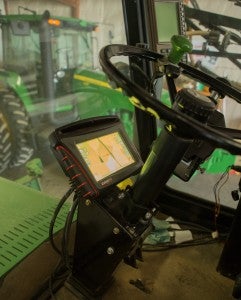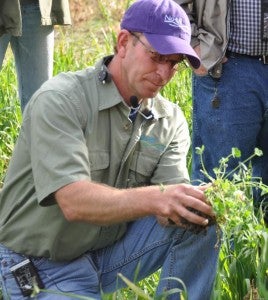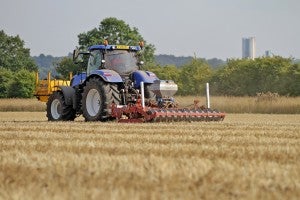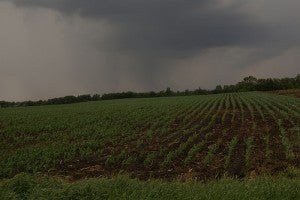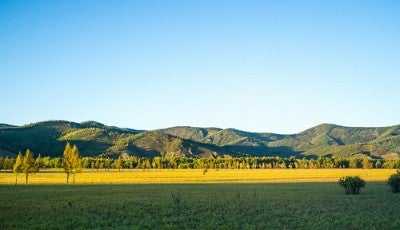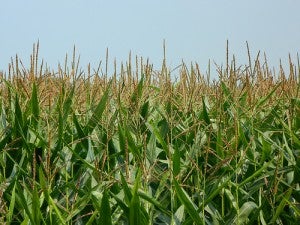
Credit: Flickr user Marcos Gasparutti
As I wrote earlier this week, data analytics technology has the potential to dramatically change the way we produce food, making it more abundant and sustainable. But a number of obstacles remain.
Here’s how we can address some of the biggest challenges and hasten ag’s big data revolution for the benefit of people and the planet.
1. Protecting privacy
Many growers have told me they are willing to share data – if they know exactly where it’s going and how it will be used, and if they can benefit from the data analysis that occurs. However, big concerns remain about data being used for regulatory compliance purposes, given to rival farmers, or shared with seed and fertilizer companies that would gain a competitive advantage. Read More










